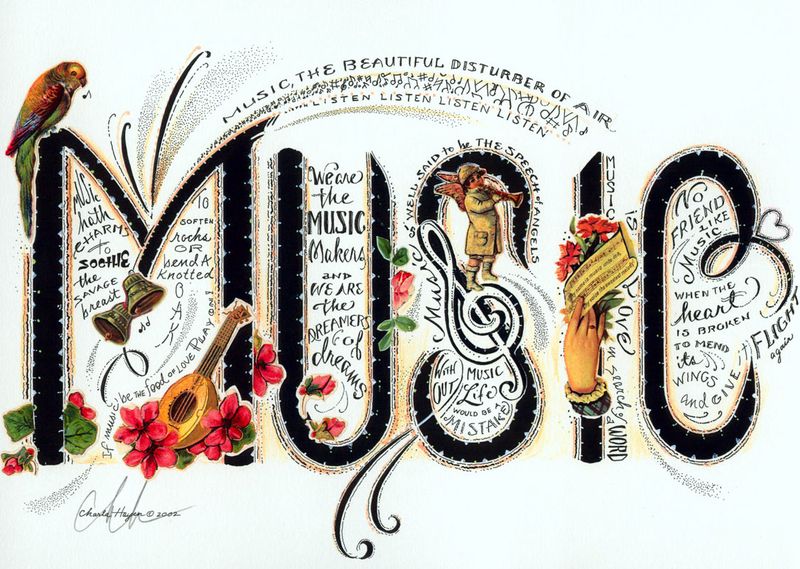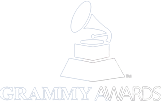Home Frank’s Blog Music Appreciation for the 21st Century
Music Appreciation for the 21st Century
Frank Fitzpatrick 09/19/2013

|
No time to read? Pick your language & press PLAY
Getting your Trinity Audio player ready...
|
When I attended elementary school in Detroit, we had music class once a week. My teacher, Mrs. Keppel, would play songs on the piano to a fairly disinterested group of students and attempt to get us to sing along. For kids who wanted more, the public school offered some private lessons from a visiting teacher. For that privilege, and for the school to provide an instrument to use, the student had to pass an audition. At six years old, I failed that audition and was denied access to both the lessons I wanted and the flute I was hoping would become my first real musical instrument. I had to find my own path to music. Fortunately, it found me.
Growing up in Motown, there was no escaping great music. Artists like Stevie Wonder, Marvin Gaye, Pink Floyd, Aretha Franklin, The Who, and countless other rock and R&B legends filled the airwaves, nightclubs and concert halls. By the time I graduated high school, the music that had filled my life outside those academic walls had inspired me enough to enroll into music school at the esteemed University of Michigan and, following that, to pursue a career in music. It wasn’t my desire to be a performer, however, that pulled me into the depths of study and practice; it was my realization and deep appreciation of how essential music was to my own wellbeing and happiness, if not to my very survival.

When I look around at traditional music education programs, I see the same fundamental areas of study:
• Performance – Learning how to play an instrument.
• History – Studying famous composers & musical works.
• Theory – Analyzing the mechanics of music.
• Composition – Learning how to write original music.
• Ensemble – Playing with a group of musicians.
Then there is also the “music lite” course called Music Appreciation, where even non-musically inclined people can learn about different aspects, styles, and eras of music. These are often presented as a watered down combination of history and theory framed around the music and lives of dead white composers. Even if I had access to one of these courses as an elementary school student, I’m not sure I would have fully grasped its relevance to my own life and experience growing in Detroit, nor to the music that consumed my attention for a high percentage of my waking hours. I was fortunate to eventually learn the fundamental’s How’s and What’s of music through the conservatory and private lessons. But something was still missing, even at one of the highest-ranking music programs in the country.
The “How To” courses are great for teaching people to become more proficient performers, arrangers or composers. But what about answering the fundamental question of why music is so essential or focusing on the universal gems of music: like how we can better use music to improve the quality of our lives & wellbeing, to enhance performance in other academics or careers, to improve our relationships, or to help us stay balanced during life’s more challenging times?

Shouldn’t the first level of understanding a subject matter, especially such a powerful form of intelligence, be an insight into why it has value? If we knew the “Why” of music, and recognized the value and potential benefits already available to us, wouldn’t it naturally increase our desire to learn more?
Science has already shown, and continues to demonstrate, how music can improve human development in countless ways. It is a megavitamin for the brain, the ultimate mood enhancer for emotional balance, a golden key for unlocking creativity, the secret code behind health and longevity, and the connective fiber between human beings of all races, nationalities and generations [1].
Who in society wouldn’t benefit from these insights or the ability to tap into such an empowering resource? If mankind has been using music for these purposes throughout history, why aren’t we talking about the workings of music in these ways, thus giving everyone the knowledge and tools to integrate music into their lives in the most potent ways?

We are desperately in need of a new kind of Music Appreciation program – one that offers everyone the “Why” of music, impresses upon us its deeper values, and helps people better understand how we can most effectively harness its tremendous benefits and better integrate those into our daily lives – one that extends beyond the walls of a classroom by creating positive social change and empowering every member of society.
View this article on Huffington Post.
For more information about the power of music to transform the human spirit, check out WHYMusicSeries.com.
References:
[1] Cardillo, Joseph, Don DuRousseau and Galina Mindlin. Your Playlist Can Change Your Life: 10 Proven Ways Your Favorite Music Can Revolutionize Your Health, Memory, Organization, Alertness and More. Naperville, Ill.: Sourcebooks, Inc., 2012. Link.
I’m here to help YOU create a better world, inside and out.
Contact Me© 2025 Frank Fitzpatrick Website by AllHereIndia












